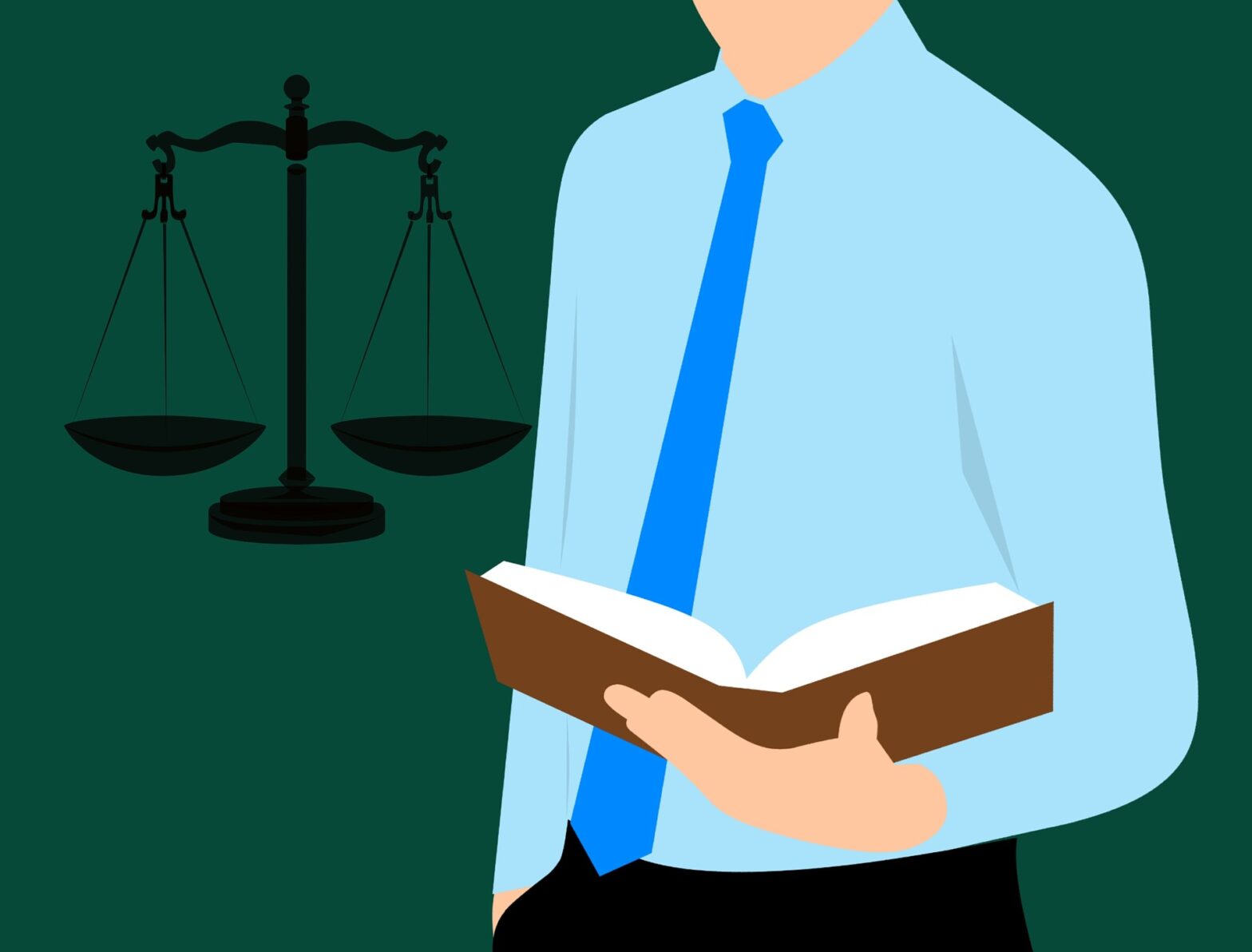What is a co-Debtor in a Utah bankruptcy?
If a creditor has a claim against a co-debtor for a debt that is not discharged in the bankruptcy case or is not covered by the co-debtor stay, the creditor can pursue collection actions against the co-debtor. This could include filing a lawsuit or seeking a judgment against the co-debtor.
It’s important to note that if the debt is included in the bankruptcy case and the debtor is making payments on the debt through a Chapter 13 plan, the co-debtor may be protected from collection actions during the bankruptcy case. However, if the debtor fails to make payments, the co-debtor may be held liable for the debt. (See Below)
If you are a co-debtor and are facing collection actions during a bankruptcy case, it’s important to speak with an experienced bankruptcy attorney to understand your rights and options.
What is the Co-Debtor Stay?
The co-debtor stay is a provision in bankruptcy law that protects co-debtors from collection efforts by creditors while the bankruptcy case is pending. It is available only in Chapter 13 bankruptcy cases.
When a debtor files for Chapter 13 bankruptcy, the co-debtor stay prevents creditors from pursuing collection efforts against a co-debtor who is jointly liable for the same debt as the debtor. This means that creditors cannot take any collection actions, such as calling or sending collection letters, filing a lawsuit, or garnishing wages or bank accounts, against the co-debtor.
However, it’s important to note that the co-debtor stay only applies to consumer debts, not business debts. Additionally, the co-debtor stay is not a permanent protection. If the debtor fails to make payments on the debts, the co-debtor stay can be lifted and the co-debtor can be pursued for payment by the creditor.
